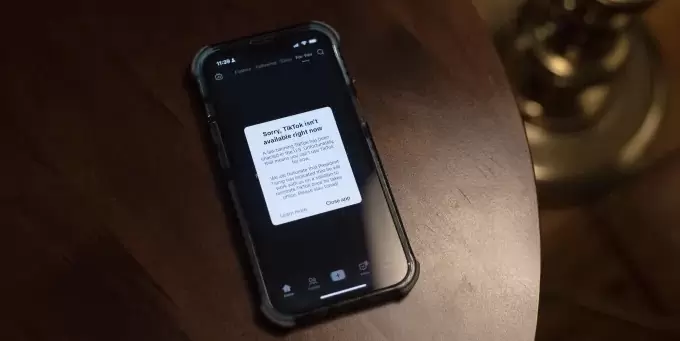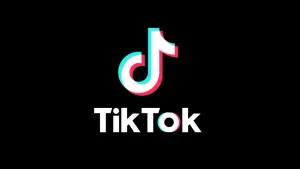TikTok Shuts Down in the United States Amidst Ban Controversy

In a shocking move, TikTok has shut down its operations in the United States, just hours before a ban on the app was set to go into effect. The ban, which was slated to commence on January 19, 2025, would have prohibited the app from operating in the US due to concerns over its ties to the Chinese government.
Background on the Ban
The ban on TikTok was a result of the Protecting Americans from Foreign Adversary Controlled Applications Act (PAFACA), which was signed into law by President Joe Biden on April 24, 2024. The law aimed to ban or require divestment of social media apps owned by foreign corporations from countries designated as US foreign adversaries.
TikTok’s Struggle to Comply
TikTok’s parent company, ByteDance, had been in talks with the US government to sell the app or restructure its ownership to alleviate concerns. However, it seems that a resolution was not reached in time, leading to the app’s shutdown.
Impact on Users
The shutdown of TikTok in the US has left many users in shock and disappointment. The app had gained immense popularity among Americans, with over 170 million users in the country. Many users took to social media to express their sadness and frustration over the shutdown.
Opposition to the Ban
The ban on TikTok faced opposition from some users and advocacy groups, who argued that it would infringe on freedom of speech and set a precedent for excessive government control over the internet. Many also argued that the ban would harm American businesses and creators who rely on the app for their livelihood.
Conclusion
The shutdown of TikTok in the US marks a significant development in the ongoing debate over the app’s ownership and potential national security risks. While the ban may have been intended to protect American interests, it has also raised important questions about freedom of speech and the role of government in regulating the internet. As the situation continues to unfold, one thing is clear: the future of TikTok in the US remains uncertain.






